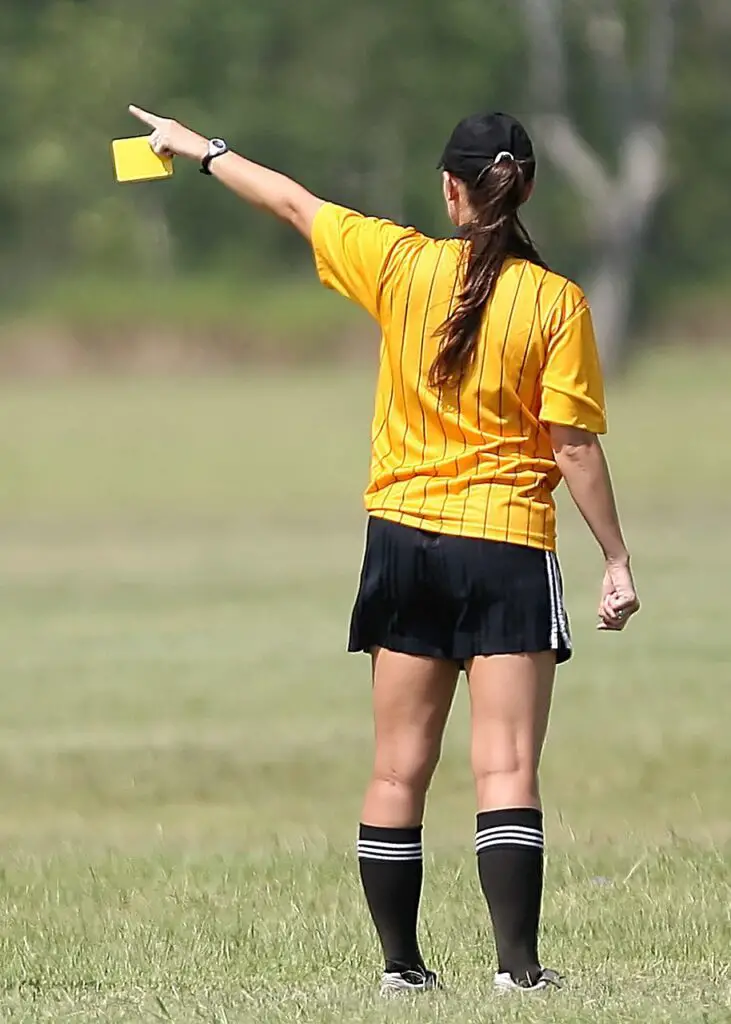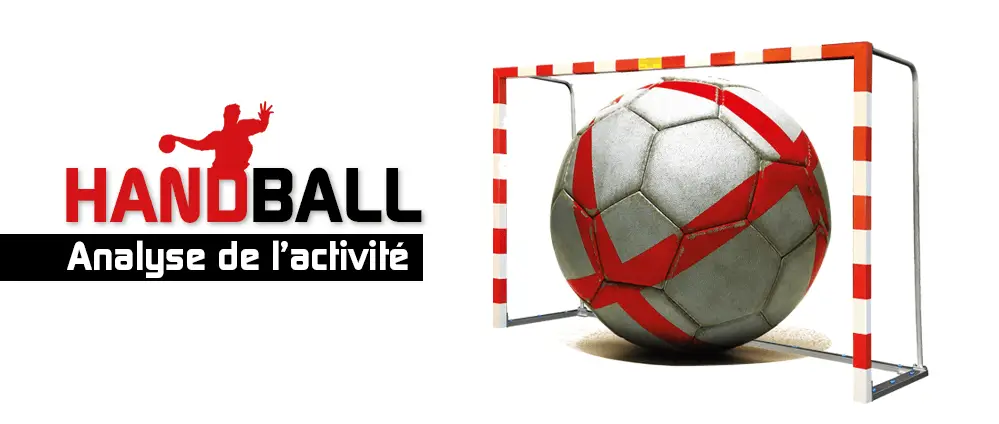IHF Education of the new rules in Brazil – “Blue card”, passive game, “medicine” against simulants….
The “blue card” arrived in the world of handball in the final seconds of the match between France and Algeria during the 2015 World Junior Championship in Brazil. With it, some more rule changes which should help handball become fairer and more understandable for the world of handball….Player injury: medical care will only be administered on the field if it is deemed absolutely necessary. Otherwise, the player must be healed on the sideline and stay off the field for three attacks.
Passive play: after the referees’ warning signal, the attacking team will be allowed a limit of 5-8 passes.
Last minute: changed to “last 30 seconds of the match”. Clear sanctions are defined to deter unsportsmanlike behavior and serious fouls that are sometimes observed towards the end of close matches.
Blue Card: A blue card is presented in addition to the red card to indicate disqualification when a written report is required.
These proposals are the result of discussions between top coaches, delegates, IHF officials, media, television and marketing personnel at the IHF Forum held in Denmark in October 2014. All rules will be closely monitored and analyzed throughout and after the tournaments to check their effectiveness, with feedback requested from teams and various officials at the end of the championships.
“After the tournament, we will send a document to all the teams – also to the referees and delegates, but above all to the teams, asking them for this test. We need feedback, real feedback, because this is not the case. t’s not just an idea of the Referees Commission – this test comes from last October in Denmark during the IHF Forum, where the best coaches from Germany, Hungary, Iceland, Poland, Spain and so on, as well as people from media, television and marketing, and of course people from the IHF, have agreed on these possible new rules for the future.
“But of course we have to do some tests and then we will see. Day by day we will see what happens. I hope there will be no need to make big changes during the tournament, but we need returns. Between Brazil and Russia, two world championships, we will have more than 150 matches – I think that is enough to draw clear conclusions for the future”, says Ramon Gallego, member of the Rules Commission and Arbitration (PRC).
Gallego specifies that, according to the usual processes, if the rules prove effective, they will become official in 2017:
“Theoretically, these rules would be in force in 2017, but if we find out that these rules are really good for handball, we will try to implement them immediately – after the approval of the congress. We will not wait two more years – but we have to be 100% sure.”
The rule of passive play has been a topic of discussion for some time, especially among coaches.
“The coaches don’t agree with the different criteria from the referees. Sometimes it’s too hard, sometimes it’s too soft, too light.
“They understand that referees need less subjective criteria to help them. This is a proposal from the best coaches, and so we will follow them, without problem. They think that the coach of the attacking team is responsible for the looking for solutions. We will see – eight passes maximum and a clear attack.
“We decided together with the coaches. Some of them think we need fewer passes – I think between five and eight, eight maximum and five minimum – I think that could be enough,” Gallego explains .
Another test of the rules concerns player injuries. In order to combat unsporting behavior which sees players exaggerate an injury in order to disadvantage the opposing team, players should only receive treatment on the pitch if it is deemed absolutely necessary. If players require treatment but are able to come off the field, they may be treated on the sideline and return to play after three attacks.
“If the referee is sure that this player needs medical attention, he will immediately stop the match and call the doctor – if the referee is sure, 100%. Sometimes this happens during a big fast break attack with a push from behind or something like that.
“That’s the idea: not to destroy the speed of handball, not to destroy the rhythm of the other team, and not to use dirty tricks – no, because now you know that if you do that, you will be eliminated for three attacks. So, I’m happy with this rule, I’m very positive about this one,” Gallego said.
The PRC continually strives to improve the rules of the game, as well as the understanding and application of these rules. At the 2015 Men’s World Championship in Qatar, referees enforced a stricter stance on long holding and contact, and this stricter approach will continue to be refined after the varied successes in Qatar.
“Now it comes to the juniors and I have discussed with these referees how handball should be played – handball is handball, it is a hard sport, it is not kickboxing or kickboxing. wrestling but also it’s not bowling, so try to help the players send the message that it’s possible to play handball without changing the basics. We’ll see.”
Gallego concludes by explaining that handball is a living sport, and therefore constant evaluation and refined application of the rules are necessary to maintain the basics but adapt to the evolution of the game.
“In handball we must be ready for change without destroying the foundations or roots of handball. We compared the Olympic final in Atlanta – I was the referee – and the world championship final in Croatia in 2009 , and then at 13-14 years old, it’s a totally different sport.
“So we have to be ready to change the rules – step by step and we have to be sure – it is a task for all people: coaches, media, marketing, and especially in refereeing. We cannot not sleeping.”


